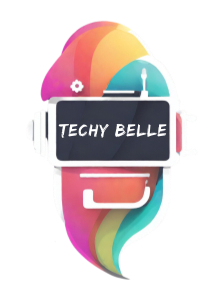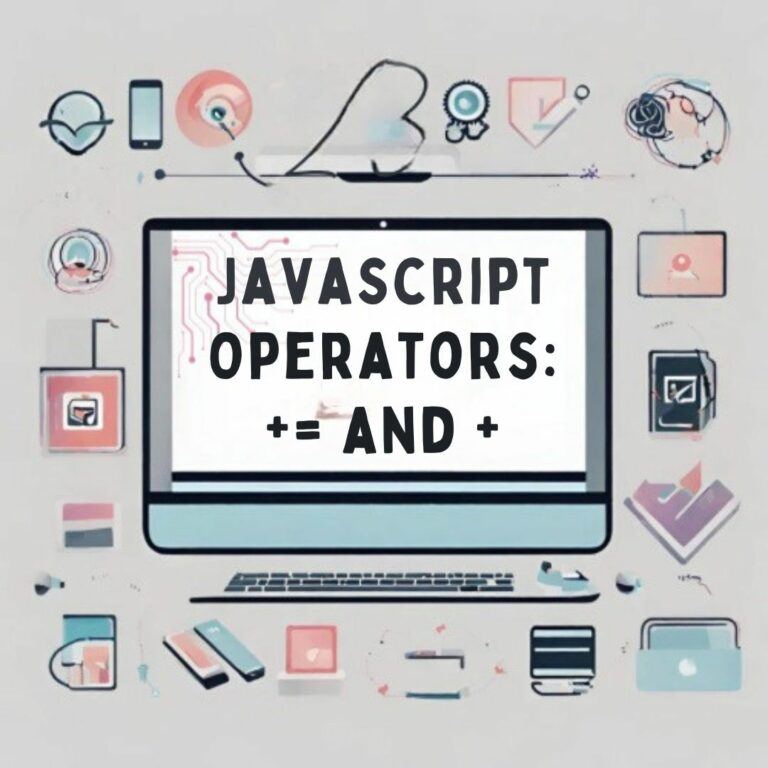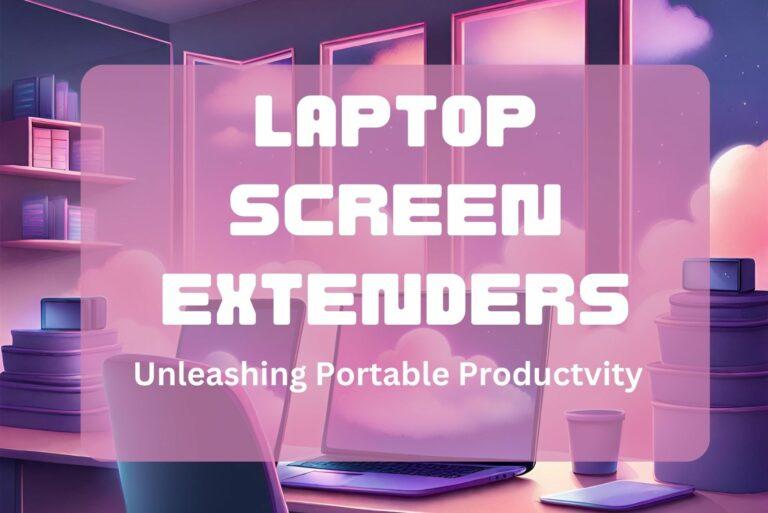How to Transition into Tech – 5 Tips for Women Veterans
Hey there! Let’s talk about the lack of diversity in the tech industry, especially when it comes to women veterans. Did you know that women only make up around 24% of the tech industry workforce? And when it comes to veterans in tech, only about 5% of veterans working in tech are women. That’s a pretty big gap, and it’s a problem because diversity brings fresh perspectives, innovative ideas, and better decision-making to any industry. The tech industry needs people from different backgrounds, experiences, and perspectives to thrive and keep pushing the boundaries of what’s possible.
Unfortunately, the lack of diversity in tech can create a vicious cycle. When there are few women, people of color, and veterans in tech, it can make it harder for those who do want to break into the industry to find support and feel like they belong. That’s why it’s so important to encourage and support women veterans who want to transition into tech careers. By doing so, we can help build a more inclusive and diverse tech industry that benefits everyone.
In this blog post, I’ll provide practical tips and advice for women who have served in the military and how to transition into tech. We’ll talk about the unique challenges that veteran women may face when making this transition, such as the lack of representation and the need to translate military skills into civilian terms.
By providing helpful insights and strategies for navigating these obstacles, I hope to empower and inspire you to pursue a career in tech and find success in this exciting and dynamic field.
Table of Contents
Tip #1 | How Transition into Tech | Evaluate Your skills and interests

It’s important if you are considering a career in tech to take the time to identify their strengths and weaknesses. Understanding what you excel at and what areas you need to improve on can help you make informed decisions about your career path and identify the best opportunities to pursue.
For example, I had working experience with several web applications while serving in the National Guard. Understanding the user experience side of these applications helped give me a high-level view when i started learning how to code.
I also had experience building a small database for my office while working as an Aviation Operations Specialist in the Army National Guard.
Identifying work I liked and exceeded at helped me begin to narrow down what aspect of Tech I might be interested in pursuing.
Reflecting on your military experience is a great way to begin this process, as it can help you recognize transferable skills that can be useful in the tech industry. For example, veterans may have experience with project management, leadership, and problem-solving, all of which are highly valued in tech.
However, it’s also important to recognize areas where you may need to develop additional skills or knowledge. This is where online assessments, like Truity, and career counseling services can be helpful. These resources can help you identify areas of interest and aptitude, as well as any areas where you may need to improve. They can also provide guidance on education and training options, such as online courses or certifications, to help you develop the skills you need to succeed in tech.
I took a lot of personality and career assessments to help me determine what type of work I might like. I also did research on O*Net on various jobs I thought would interest me. There is even a place to put your MOS or military job code that will allow you to see what civilian jobs will be similar.
Overall, identifying your strengths and weaknesses is a critical first step in transitioning into a tech career as a women veteran. By understanding your skills and areas of interest, you can make more informed decisions about your career path and identify opportunities that align with your strengths. And by investing in education and training to develop the skills you need to succeed, you can position yourself for a successful and rewarding career in the tech industry.
Tip#2 | How to Transition into Tech | Build a network

Networking and making connections in the tech industry is crucial for women veterans who want to transition into this field. We already have a great network within the military, but also building a strong professional network outside of the military can open doors to job opportunities. It can also provide access to industry insights and trends, and offer support and guidance from experienced professionals.
One way to start networking is to attend industry events, such as conferences, meetups, and workshops. These events provide an opportunity to meet new people, learn about new technologies, and connect with potential employers.
Since I’m an introvert the idea of going to different network events did not appeal to me. Instead, I started networking online through LinkedIn and other social media platforms.
Networking online also allowed me to build and easily share my portfolio. No business cards needed.
Another way to build your network is to join professional associations in the tech industry, like Women Who Code. These organizations offer a range of benefits, including access to industry-specific resources and events, as well as opportunities to connect with other professionals in the field. Additionally, many associations offer mentorship programs or other support services that can be particularly valuable for women veterans who are just starting out in the industry.
Finally, reaching out to other veterans in tech is another great way to build your network. LinkedIn is a great resource for this! Many veterans organizations and online communities exist specifically for this purpose, providing a supportive community and opportunities for professional development.
These connections can be particularly valuable for women veterans, who may face unique challenges when transitioning to a new career. By building a strong network and staying connected with other professionals in the tech industry, women veterans can position themselves for success and thrive in this exciting and dynamic field.
Tip#3 | How to Transition into Tech | Consider education and training options

There are a variety of education and training options available to women veterans who are interested in pursuing a career in tech. Online courses and bootcamps, for example, offer a flexible and accessible way to gain new skills and knowledge.
Many of these programs are designed to be completed in a matter of weeks or months, making them a great option for veterans who are looking to quickly develop new skills and enter the job market. Additionally, many bootcamps offer career services and job placement assistance, which can be particularly valuable for veterans who may be transitioning to a new career.
Another option for women veterans is to pursue certifications in specific areas of tech. Certifications are a great way to demonstrate proficiency in a particular skill or technology, and they can be particularly useful for veterans who are looking to stand out in a competitive job market. Many certifications are offered online, making them a convenient and flexible option for veterans who may be juggling other responsibilities.
Finally, women veterans should take advantage of the GI Bill and other veteran-specific education benefits. These programs provide financial assistance for education and training, and they can be used to cover the cost of traditional college courses, online courses, and other training programs. By leveraging these benefits, women veterans can gain the skills and knowledge they need to succeed in the tech industry and position themselves for long-term success.
Tip#4 | How to Transition into Tech | Tailor your resume and cover letter

Tailoring your resume and cover letter to the tech industry is crucial for women veterans who are transitioning into this field. When applying for tech jobs, it’s important to highlight your relevant skills and experience, such as project management, leadership, and technical skills. However, it’s also important to use civilian terms instead of military jargon, as recruiters and hiring managers may not be familiar with military terminology.
One way to do this is to focus on transferable skills and explain your experience in civilian terms. For example, if you have experience managing a team in the military, you might highlight your leadership skills and explain how you led and motivated a team to achieve a specific goal. Similarly, if you have technical experience in a particular area, such as cybersecurity or network administration, you might highlight your technical skills and explain how you applied them to achieve a specific outcome.
In addition to highlighting your relevant skills and experience, it’s also important to tailor your resume and cover letter to the specific job you’re applying for. This means researching the company and the job description and customizing your application materials to highlight the skills and experience that are most relevant to the role. By tailoring your application materials to the tech industry and the specific job you’re applying for, you can position yourself as a strong candidate and increase your chances of landing your dream job.
Tip#5 | How to Transition into Tech | Prepare for interviews

Preparing for interviews and researching the company is essential for women veterans who are looking to transition into the tech industry. One of the best ways to prepare for an interview is to practice common interview questions and behavioral-based interview questions. Common interview questions might include “Tell me about yourself” or “What are your strengths and weaknesses?” while behavioral-based interview questions focus on specific scenarios and ask how you would respond to them.
By practicing these types of questions, you can feel more confident and prepared when you sit down for the actual interview. It’s also important to research the company you’re interviewing with and learn as much as you can about their products, services, and values. This can help you answer questions more effectively and demonstrate your knowledge and interest in the company.
Another important aspect of preparing for interviews is having a list of questions to ask the interviewer. This shows that you’re interested and engaged in the job and the company, and it can also help you gather important information about the role and the company culture. Some examples of questions to ask might include “What do you see as the biggest challenge facing this team?” or “What opportunities are there for professional development and growth within the company?”
Overall, preparing for interviews and researching the company is an important part of the job search process. By taking the time to practice common interview questions, research the company, and prepare questions to ask the interviewer, you can position yourself as a strong candidate and increase your chances of landing your dream job in the tech industry.
Conclusion

It’s important for women veterans to persevere and continue to pursue a career in tech, despite any challenges they may face along the way. Transitioning into a new industry can be challenging, and there may be times when it feels like you’re not making progress or that your skills and experience aren’t being recognized. However, it’s important to stay motivated and keep pushing forward, knowing that with time and effort, you can achieve your goals.
One way to stay motivated and get support is to connect with other women veterans who are also transitioning into tech. There are a number of veterans’ organizations and online communities that can provide resources, support, and networking opportunities. These organizations can help you connect with other women veterans in tech, learn about job opportunities, and get advice and mentorship from people who have gone through the same transition.
Another important resource for women veterans transitioning into tech is tech-specific job boards. These job boards can help you find job opportunities that are specifically tailored to your skills and experience, and they may also provide resources and advice for job seekers. Some examples of tech-specific job boards include Dice, Indeed Prime, and Hired.
Overall, transitioning into tech as a woman veteran can be challenging, but it’s important to stay motivated and keep pushing forward. By connecting with other veterans, using tech-specific job boards, and seeking out resources and support, you can increase your chances of success and achieve your career goals.






